Digital library of whole slide Images Built at Sapien
For this purpose, Sapien is creating a high-resolution library of WSI from hundreds of cancer specimens’ FFPE blocks for which demographic and diagnostic data has already been curated and structured by the biobank.
In breast cancer for example, matched sets of H&E, ER, PR, HER2, Ki67/MIB images from the same case have been scanned at 40X magnification from 750+ cases, spanning all stages, grades and histotypes in pathology. Even benign breast tumors as well as normal breast tissues have been scanned as controls. Multiple scanners (Philips, Morphle, Motic) are being used to also allow normalization across different platforms for solutions.
ImageNet, IBM, TCGA have large image datasets in oncology; Sapien’s digital library is the largest such database for Indian cancer patients. Sapien is adding treatment and outcomes data, as well as genetic variant data, to these cancer cases, in the hope of deep learning approaches making it possible for the inexpensive, more widely available HE images to replace the need for IHC-, FISH- and gene-based biomarker analysis.
https://www.ibm.com/blogs/research/2020/03/benefits-ai-for-breast-cancer-detection/
https://www.sciencedirect.com/science/article/pii/S2153353922003510
https://www.ncbi.nlm.nih.gov/pmc/articles/PMC9037318/
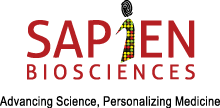
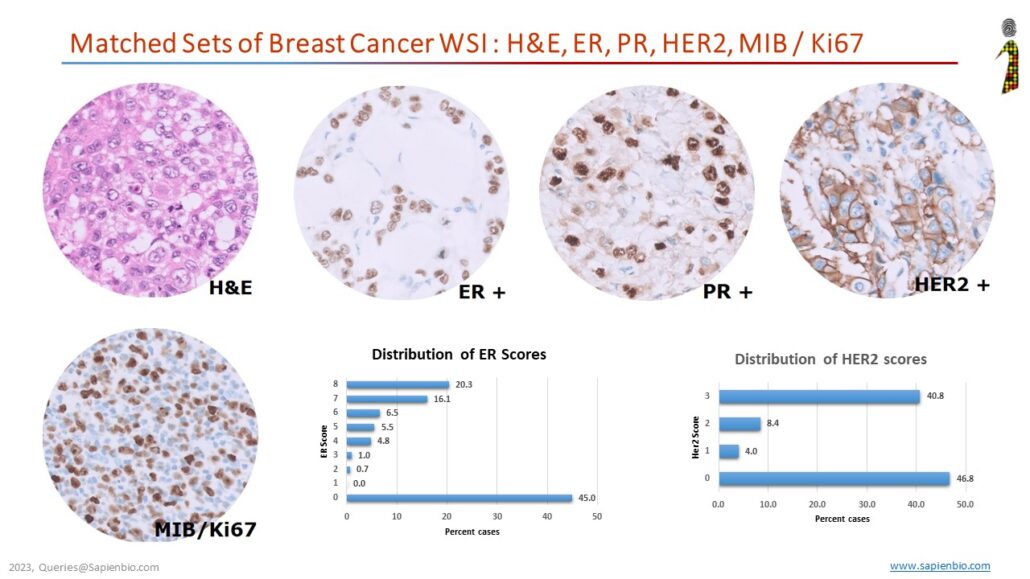
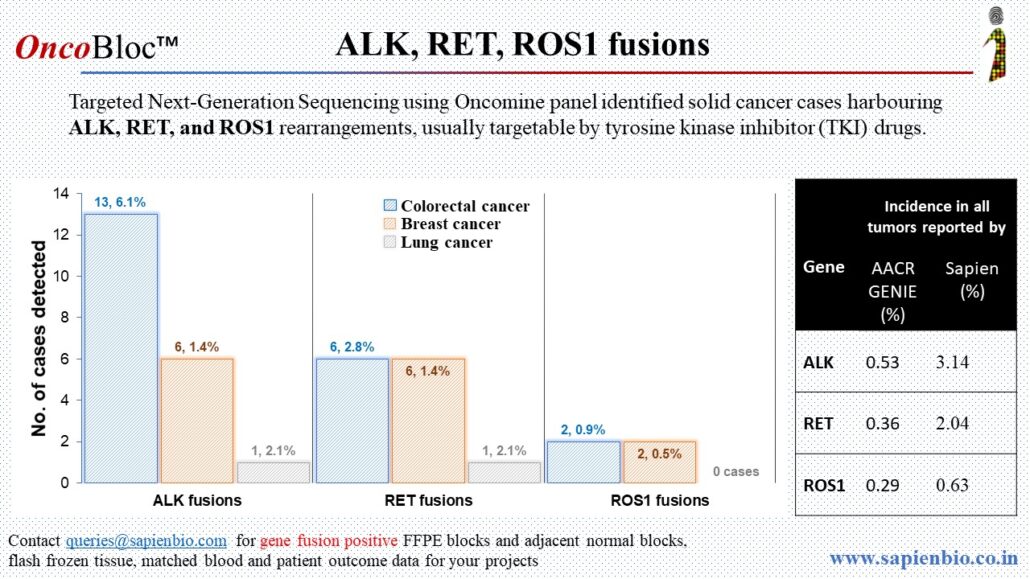
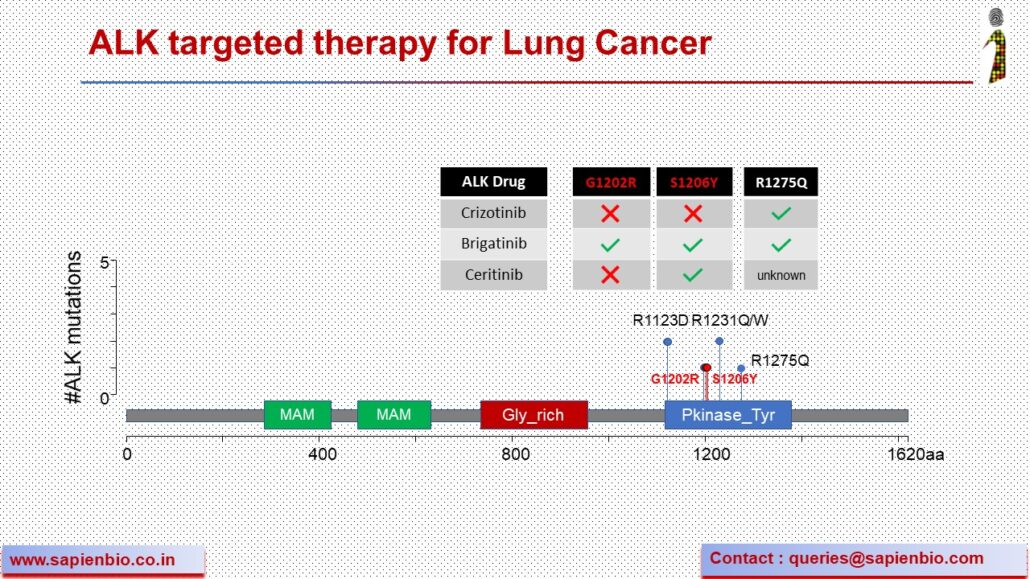
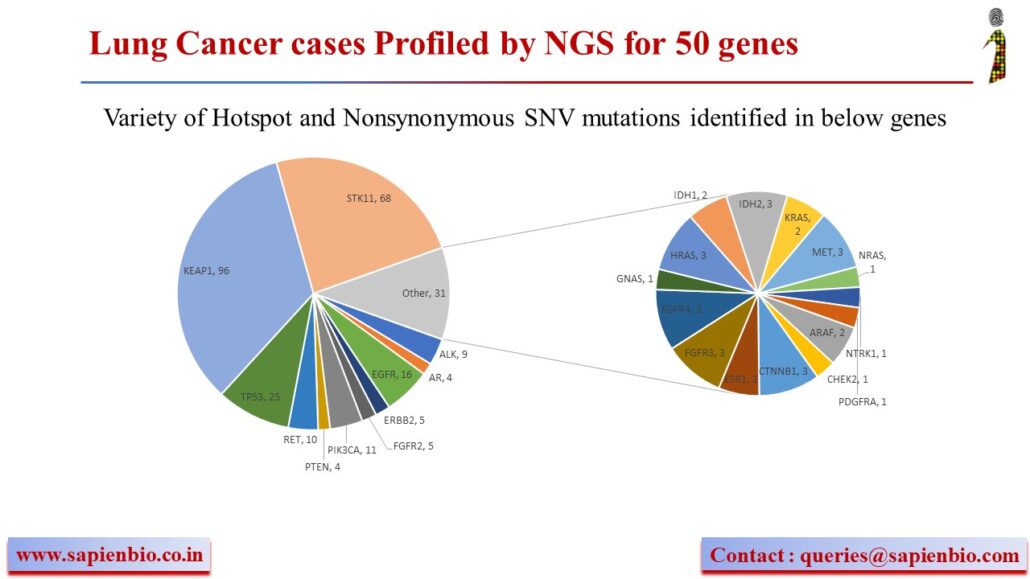
Recent Comments